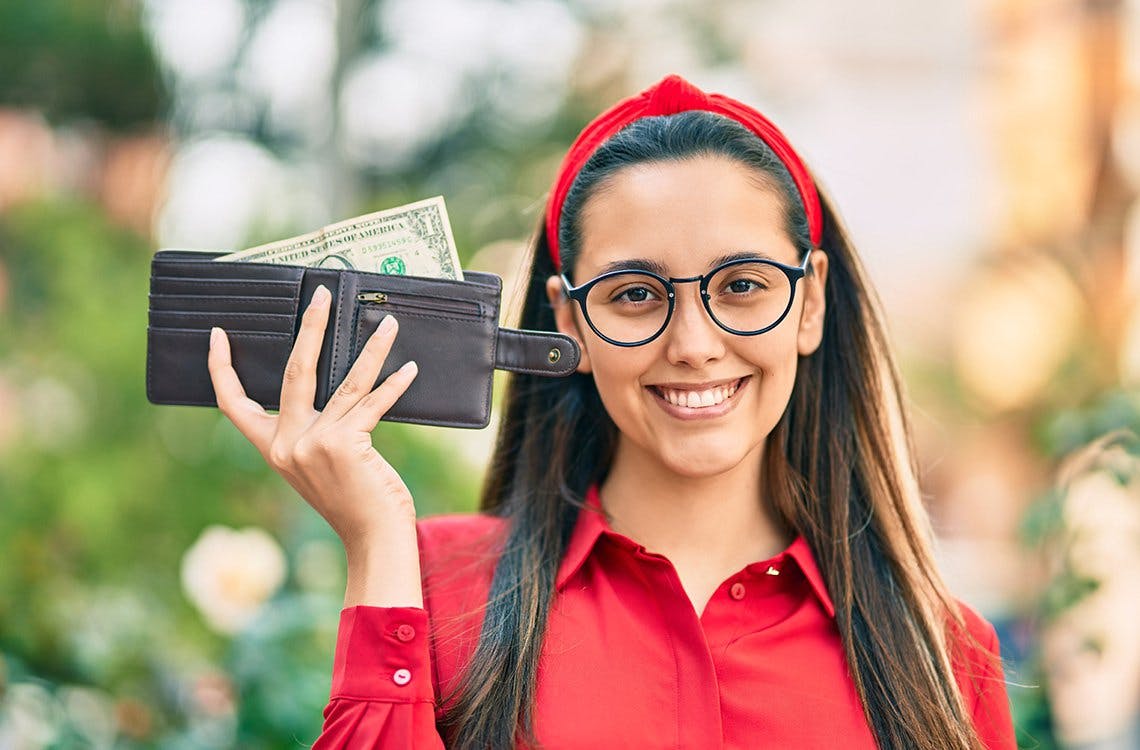
U.S. Coin Shortage Highlights Cashless Risks
Last summer, coins became scarcer than toilet paper in America, and the Federal Reserve was obliged to ration supplies. In addition to causing serious problems for businesses, it also gave an unpleasant glimpse of the risks to freedom, privacy and equality that would be posed by a cashless society.
Between the U.S. Mint producing fewer than usual coins in spring, distribution was also hit by the COVID-19 pandemic, clogging the regular flow of coins through the economy. Shoppers were asked to pay in exact change and banks closed their doors to coin deposits. The fallout continues to be felt, despite ongoing efforts to replenish coin supplies.
For those who rely on cash, the experience has been particularly challenging. Over a third of Americans under 20 do not have a bank account, and around 5.4 percent of all households lack any checking or savings accounts. These are the most visible people for whom cash is essential, for making and receiving payments, but they are not alone.
The average American is $90,460 in debt, and people tend to spend more when they use credit cards and electronic payments—where the money is intangible—than when they pay cash, and have a visible indicator of their outgoings.
When you have to pull a wad of bills out, there’s a moment of pain. If you just slap down a credit card, you’re going to pay maybe… months later. This is the reason casinos use chips instead of cash, because it doesn’t feel real anymore.
Alongside introducing daily struggles for the unbanked, people on low incomes and those who need to budget, the loss of privacy is also a concern. Cashless payments are tracked to construct user behaviour profiles, and these can then be sold to third parties, and used for everything from targeted advertising to data mining to inform stock market moves. Adding security concerns—with annual cybercrime losses now over $1 trillion—it is hardly a surprise so many people choose freedom, privacy and equality by paying cash.
